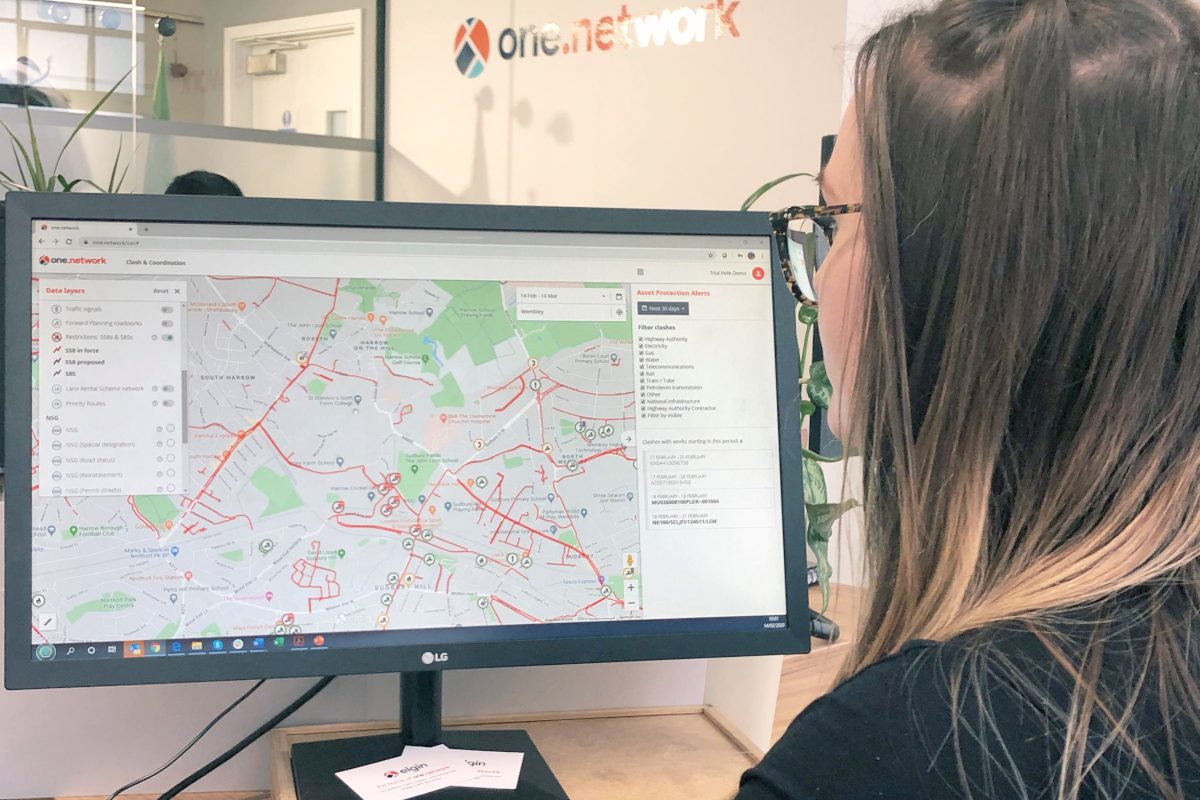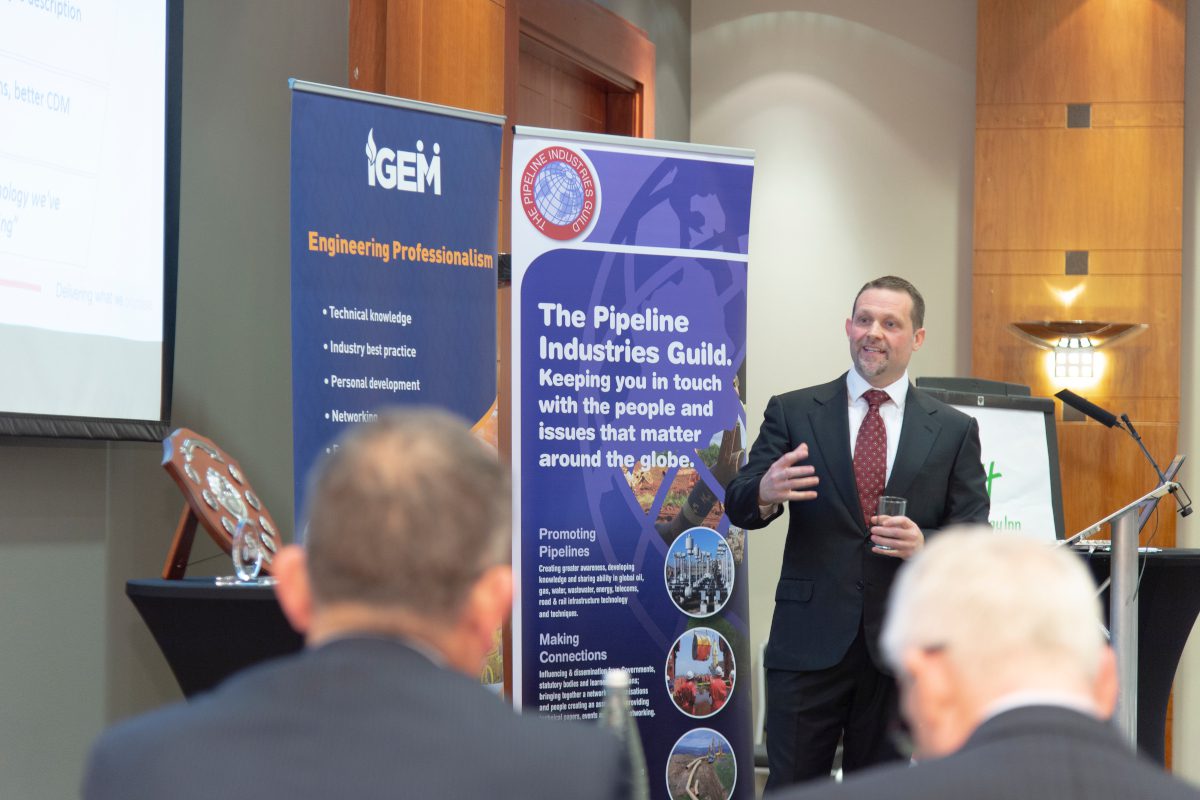
Utility service provider Morrison Utility Services (MUS) is undertaking a 12-month trial of Virtual Trial Hole Assistant (VTA), a software tool that the firm believes could revolutionise the process of planning and executing underground excavation work, and which was recently recognised with an industry award.
MUS has developed the system with Elgin, a road network management software provider. VTA utilises Elgin’s one.network: platform to plan, monitor, communicate and analyse traffic disruptions. It displays seemingly comprehensive information about current and planned streetworks across the UK, along with relevant operational data including Lane rental scheme networks, Section 58 restrictions, bridges and structures, public transport stops and routes, and so on.
By integrating ESRI mapping data, the platform allows asset information relating to planned work to be overlaid as an additional operational layer. Automated clash detection provides an overview of where and when works are taking place and an integrated alerts system notifies planners of any third party or statutory undertaker work scheduled to take place above or near underground assets owned by Morrison Utility Services clients.
This solution can reduce the number of aborted jobs and costly delays which can result from concurrent excavation works due to digging on wrongly located mains. VTA will also increase the opportunity for works undertakers to collaborate using the same excavation, further reducing occupation on the road network and potentially reducing permitting costs.
An end to deferral and delay?
MUS Head of Operational Change, James Hatt, commented: “Previous working methods have meant that 10 to 15 per cent of replacement schemes were deferred or delayed as the location of existing asset beneath the ground did not tally with the plans provided. The resulting delays can have a significant impact in terms of aborts, re-plans, overruns, temporary reinstatements, traffic management compliance failures and FPNs. All of which affects operational timescales and can have significant financial implications.
“So many potential benefits can be reaped from VTA. It will enable our operational teams to conduct more comprehensive risk assessments and offer a more environmentally-friendly way of working, which is a huge consideration for our organisation and the clients we work on behalf of.”
During an initial trial in Southend-On-Sea, more opportunities were identified to use VTA in the future. Should ongoing trials prove successful, VTA could have the potential to be introduced for other MUS gas, water and electricity clients, broadening the scope for more collaborative excavation work in the future.

Innovation award
MUS recently presented on VTA at the 2020 London Showcase and Lions’ Lair, a joint event hosted by IGEM’s London, Southern & Eastern Section and The Pipeline Industries Guild.
The firm – and its partner Elgin – received the Tommy McNicholas Shield following a presentation from Head of Operational Change at MUS, James Hatt. MUS was one of five finalists to enter the Lions’ Lair. Each contender was given four minutes to showcase their innovation, followed by four minutes of questioning by the ‘Lions’, a panel of experienced industry figures.







